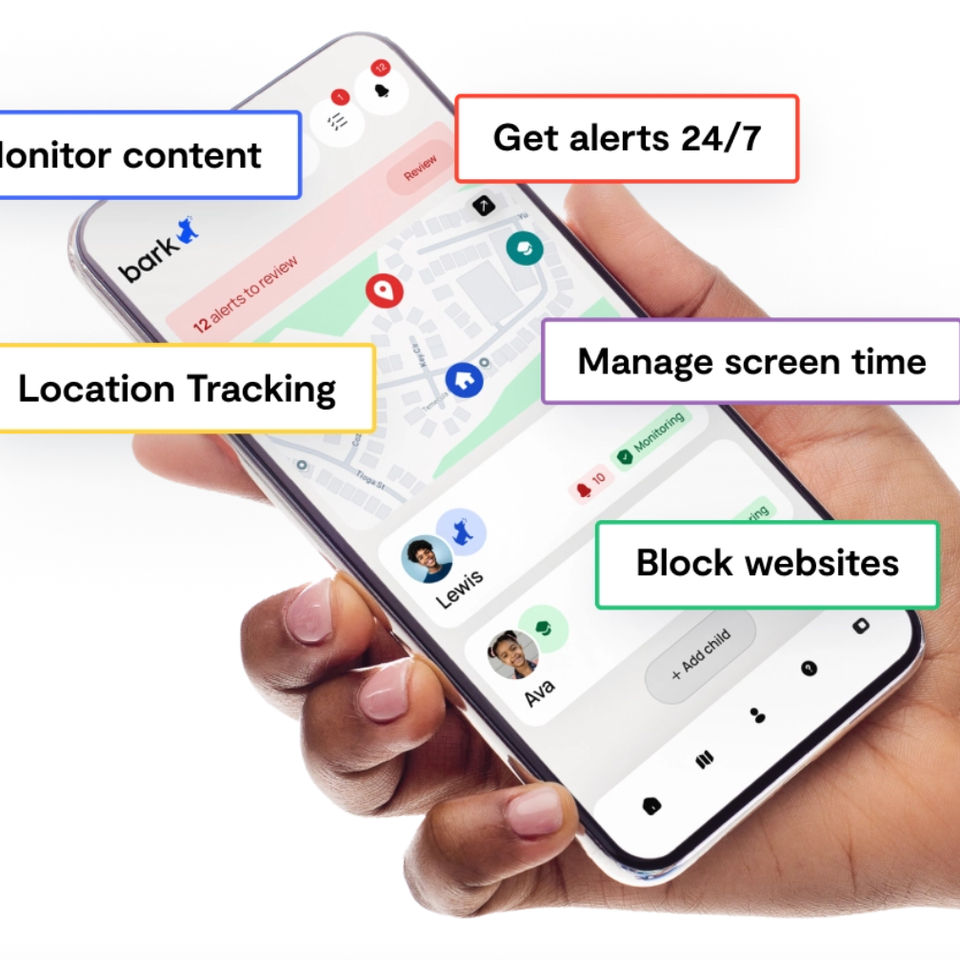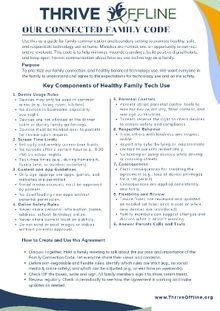
What is the New Texas Law Banning Devices in Schools (K - 12)
For Students - No Personal Electronic Devices:
- Students across Texas, will be prohibited from using cellphones, tablets, smartwatches, and any other personal electronic devices capable of telecommunication or digital communication throughout the entire school day.
- This ban extends to class change passing periods and lunch periods.
- In Conroe ISD, if a student uses an unauthorized telecommunications device, it will be confiscated with each offense, held in the school office, and returned to the student at the end of that school day.
- Students may be exempted if their device use is determined necessary by their medical provider or if the student is part of a 504 plan.
For Teachers - Enforcement Responsibilities:
- Teachers, alongside administrators, will be on the front lines of enforcing this new district-wide ban.
- District employees can permit students to use their personal devices in extenuating circumstances, such as allowing a student to inform a parent or guardian about a late bus. This provides a degree of discretion for teachers in specific situations.
- Alternative methods for parent/child communication will need to be established by the school.
For Parents - Understanding and Supporting:
- Parents will need to be fully aware of and support the new policy, as their cooperation is vital for successful implementation. For Conroe ISD a town hall meeting was suggested for the summer to ensure everyone is "on the same page".•
- Parents should understand that their children's personal communication devices must be turned off and put away during the school day. This means direct communication with their children via their personal phones during school hours will be severely restricted.
- For necessary communication during the school day, parents will likely need to contact the school office, which can then relay messages or facilitate device use in approved extenuating circumstances.
- Parents of students with medical needs or those on a 504 plan should be aware of the exemption process if their child's device use is deemed necessary.
The policy represents a "big shift" in the daily school environment, requiring adjustment from both students and parents regarding how communication occurs and how devices are managed. Community Support is Crucial from all sides for the policy to be effective!









